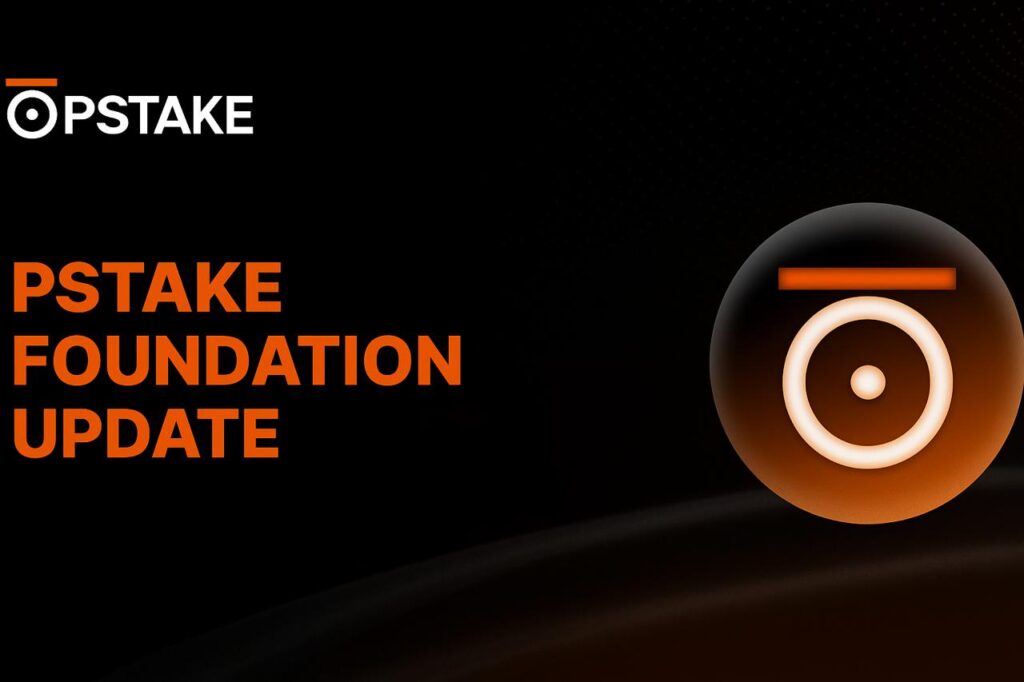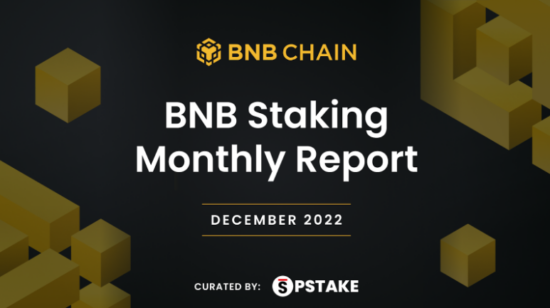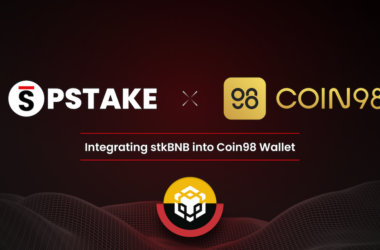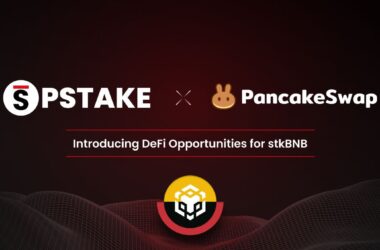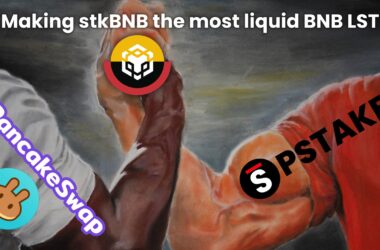Following a volatile November, the dust began to settle and the market reached a calming point. Subsequently, Binance garnered significant FUD from community members, the press, and media outlets – at this point, the negative sentiment appears to have mostly fizzled away.
Moreover, the BNB token and its staking statistics were on the decline over the past few weeks. Despite all of this, BNB Chain’s ecosystem kept pushing forward as usual with significant news, developments, and milestones.
Continue reading to learn more about the latest and greatest news.
BNB Ecosystem News Highlights
- Partnered with GameFi.org to focus on dApp development, technical research, and community growth
- Initiated the BNB Chain Testnet Einstein upgrade
- Entered into a partnership with Fjord Foundry & Balancer to launch Liquidity Bootstrapping Pools on BNB Chain to let projects generate liquidity and innovate
- Hosted an Innovation Meetup for Web3 in Seoul, South Korea on December 16th
BNB Token Statistics
Over the last month, BNB held strong considering the negative market sentiment and conditions. For a high-level summary of December’s BNB token stats, please see below:
- Total Market Cap: $40B+
- 24-Hr Trading Volume: $116M+
- Circulating Supply: 163M+
BNB Chain Network Activity
BNB Chain continued to grow in adoption as a whole throughout December, boasting impressive numbers – the network remains one of the most active and utilised in the industry.
For the latest statistics, see below:
- Daily Transactions: 2.7M+
- Unique addresses: 235M+
- Average gas price: ~6.14 Gwei
- Average block time: ~2,517 seconds
BNB Staking Stats
Staking metrics for BNB were extremely impressive in December, with the total amount of tokens staked on-chain rising from 21.4M in November to 23.4M+ in December.
As a whole, this growth has been continuous over the last few months, representing significant strength in BNB Chain and its native token despite poor market conditions.
At the time of writing, BNB still remains the 3rd largest cryptocurrency token in terms of staking market cap, maintaining its position as a major player in the industry.
See more data on BNB staking below:
- Staking Market Cap: $5.7B+
- Staking Ratio: ~14%
- Delegating APR: ~2.72%
- Validating (Running a Node) APR: ~2.91%
BNB Liquid Staking Ecosystem
As BNB liquid staking protocols continue to develop and make their mark in the industry, their utility is growing immensely. Below is a summary of the currently available platforms and the TVL (Total Value Locked) data of their liquid-staked BNB assets:
- pSTAKE: Receive minted stkBNB ($409K+ in TVL).
- Ankr: Receive minted aBNBb or aBNBc ($72.7M+ in TVL).
- Stader: Received minted BNBx ($2.9M+ in TVL).
- StaFi: Receive minted rBNB ($66K+ in TVL).
- SteakBank: Receive minted LBNB ($108K+ in TVL).
stkBNB is playing a crucial role in driving adoption for BNB liquid staking across the BNB Chain ecosystem, with various DeFi integrations for swapping, liquidity providing, farming, leverage trading, and more.
Validators
BNB Chain has a total of 56 validators (an increase of 3 from November) that are helping provide security to the network and facilitating its operations. Across these validators, 29 are valid and 27 are inactive.
In order to become a BNB Chain validator, the minimum amount of tokens required to stake is 10,000 tokens.
Stay Tuned
2022 was a standout year for BNB Chain and the BNB token, with adoption soaring through the roof and the ecosystem bringing in new participants.
To stay up-to-date on everything related to BNB and liquid staking, follow pSTAKE on our social media channels.
About pSTAKE
pSTAKE is a liquid staking protocol that unlocks liquidity for your staked assets. With pSTAKE, you can securely stake your Proof-of-Stake (PoS) assets, participate in protocol improvements and security to earn staking rewards, and receive staked underlying representative tokens (stkASSETs) which can be used to explore additional yield opportunities across DeFi.
At present, pSTAKE supports Binance Chain (BNB), Cosmos (ATOM), Persistence (XPRT), and Ethereum (ETH) networks’ native tokens, with a view to support more chains and assets in the future (SOL, and AVAX).



